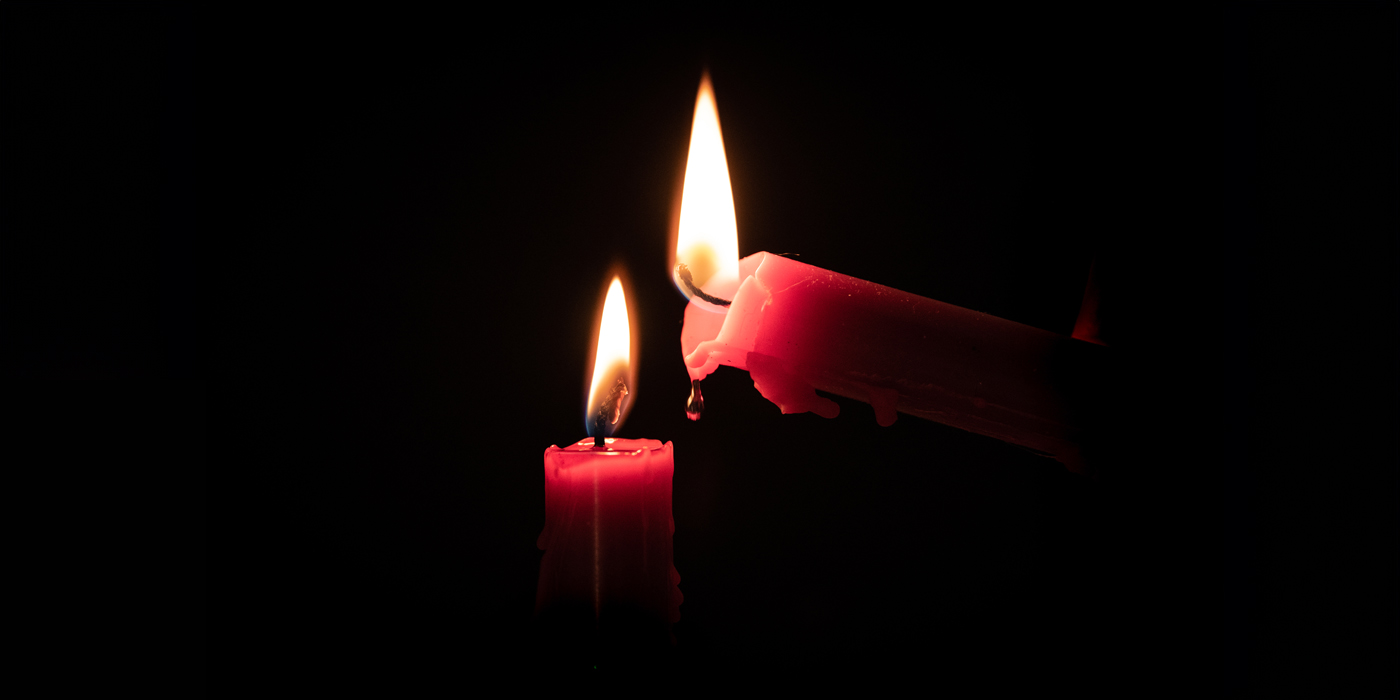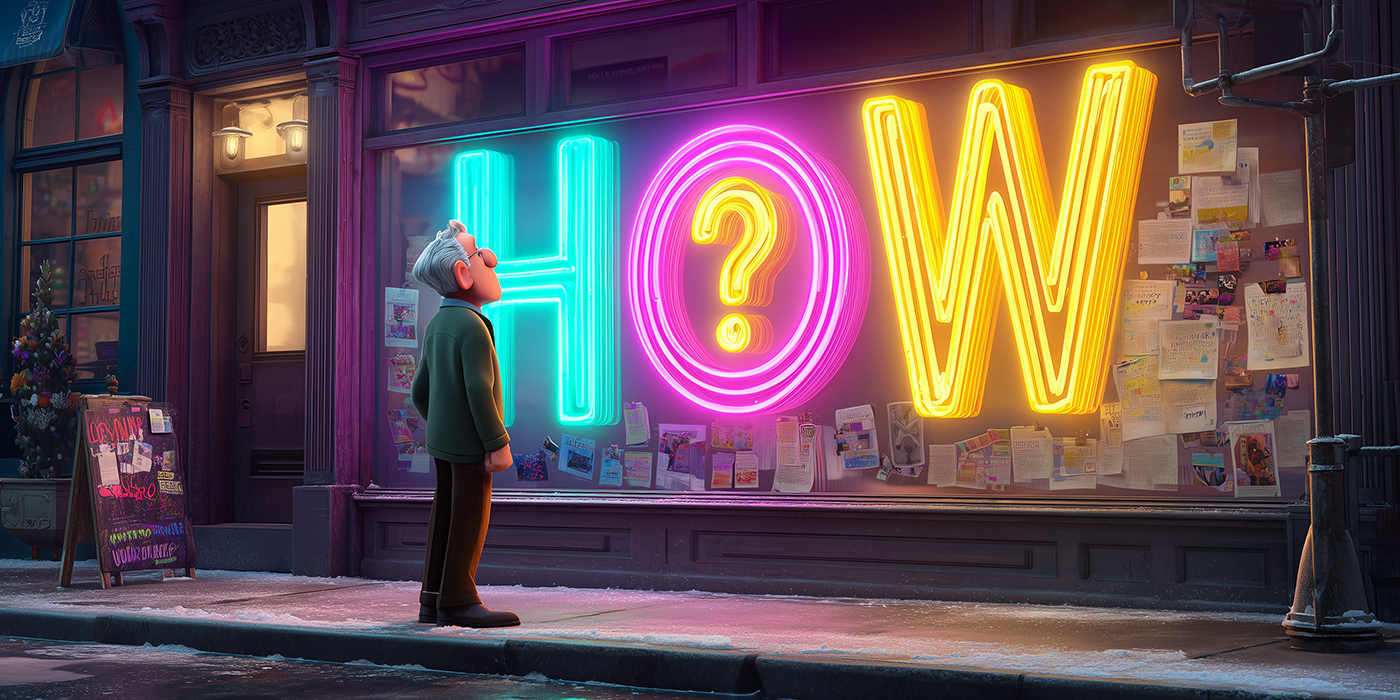
Because of Step 1, I have come to accept that I am completely powerless over lust. I strive daily to apply this principle in all my affairs. I try often to remind myself that I am powerless over what life gives me, be it work, family, emotions, events, or anything else. When I used to relapse frequently, I would justify both my thoughts and behavior with the excuse of powerlessness: If I’m powerless, then I have no choice but to act out, right?
Program literature has shown me otherwise. For example, the White Book has a whole section called, “We Stop” where it says, “We had it backward; before, we always wanted [someone else] to do the stopping for us—to fix us. Now, we stop; and then, in our surrender, the power of God becomes effective in us” (SA 65). This idea is repeated in what some call “the 18 Wheeler” in the White Book. The writer’s first two ways to overcome lust and temptation are, 1, stop practicing the compulsion, and 2, stop feeding the obsession (see SA 158).
Huh?! How can I stop if I’m powerless? I was confused. But my sponsor helped when he said, “I’m powerless but not choiceless.” Then a close fellow in the Program said, “I’m powerless but not helpless. There is One Who can restore me to sanity. May I find Him now.” He said this to me so much that I now find it hard to stop at “I’m powerless” without the rest of his wise words tumbling out of my mouth.
This is beautifully stated for me in the White Book, too: “Merely knowing and admitting we were powerless over lust, or whatever form our acting out took, didn’t help until we gave up our right to do it and let it go. There was no mistaking this change of heart when it happened; we knew it and those about us knew it. There is no faking surrender. And thank God, when we did give up and stop fighting, He was always there, waiting with open arms. Instead of killing us as we had feared, surrender killed the compulsion!” (SA 85)
Recently as I pondered this apparent paradox between stopping and surrendering, I found a gift that has become extremely helpful to me. The Twelve and Twelve says, “. . . the effectiveness of the whole AA program will rest upon how well and earnestly we have tried to come to ‘a decision to turn our will and our lives over to the care of God . . . ’” (12&12 34-35).
“May [I] find Him now” (AA 59) tells me that I can find God in the present—I don’t have to depend on my memory of the past nor wait for the future. Therefore, I try to make this critical decision to surrender my will in the present moment. I try to tell myself to choose God every few seconds!
Wait! How can I do that? That’s impossible, I say to myself. But when I surrender my will and my life to God, what’s the actual choice I make? For me, it comes down to the angle of approach, or the attitude. I decide, in the present moment: will I take an attitude of self-obsession or of willingness?
“Selfishness—self-centeredness! That, we think, is the root of our troubles. Driven by a hundred forms of fear, self-delusion, self-seeking, and self-pity . . .” (AA 62). Here are some examples of what happens when I choose any one of a hundred forms of self-obsession. I become afraid, angry, resentful, judgmental, controlling, manipulative, ashamed, dishonest, depressed, restless, irritable, and/or discontented. These attitudes have (and will) cause me intense emotional pain; it’s this pain that screams to be medicated by lust.
Alternatively, I can choose an attitude of willingness by practicing any of the following tools of the Program: make a Program call, go to a meeting, change my location, help a stranger, serve my family, do some Step work, make myself teachable, take good orderly direction, pray/meditate. At the point of temptation, I can choose the willingness to die without feeding lust (SA 68: “…it’s the change of attitude that brings relief. Instead of, ‘I’ve got to have it or I’ll die!’ our attitude becomes, ‘I give up; I’m willing not to have it, even if I do die.’”).
When I choose this attitude of willingness, a door opens to my Higher Power (see 12&12 34). As I start to make conscious contact with Higher Power, my pain is soothed. I start to see that God can be the source of my relief. This is my program of action in which I practice a positive sobriety. By choosing an attitude of willingness, I turn my attention away from self and toward God and others. Through this simple choice, God gently guides me away from pain, and inexplicable miracles begin to happen in my life. Suddenly, I find myself becoming an instrument of “harmony” rather than a “producer of confusion” (AA 61).
God, as I prepare to take my next breath, my next step, my next thought, my next action—grant me the courage and ability to actively choose willingness to serve instead of self-obsession. May I find in You the peace, love, and comfort I seek.
Amjed B., Texas, USA






